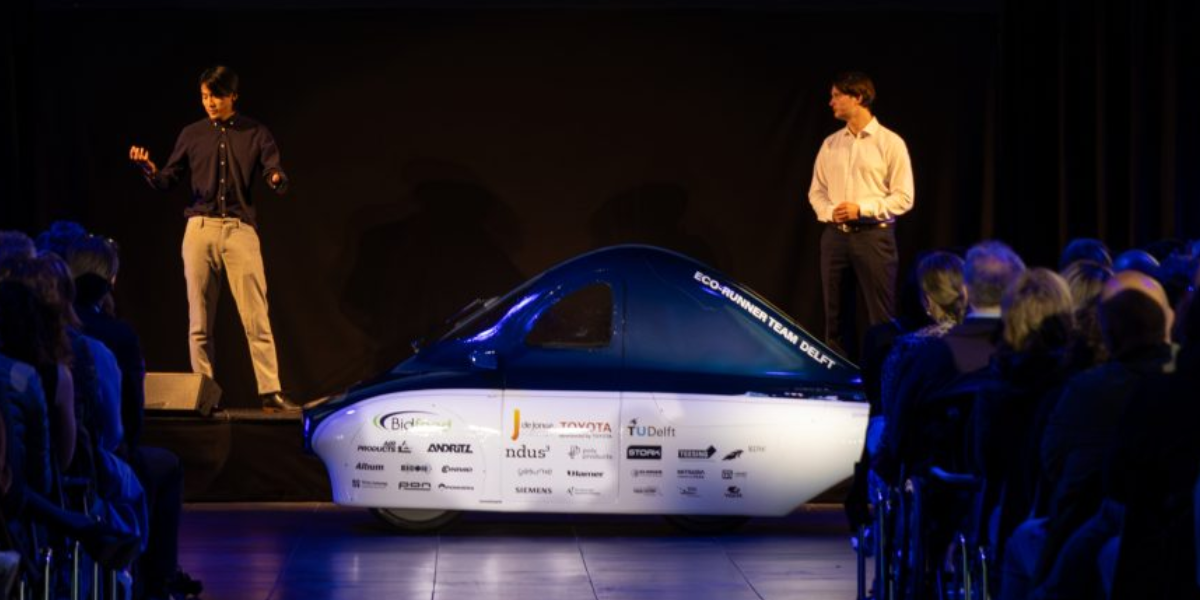
Rematec meets Claudio Piazza, CEO of Electric Charge Mobility (On Charge), a company controlled by the Italian multinational Antonio Carraro S.p.A., which holds the majority stake, along with other investors.
Our mission is to make cities more sustainable and cleaner for zero-emissions travel. On Electric Charge Mobility is an innovative company that aims to strengthen the segment of sustainable and electric, private and shared mobility. The mission of the service is to make travel more dynamic, offering functional and technological charging infrastructures, a fleet of zero-emissions vehicles available in sharing and infrastructures for the safe release of e-bikes. All elements of our offer are totally automated and controlled through our IT platform, unique to date in its reference sector. Our management systems allow any entity, public or private, to manage their own mobility hub. We are operating within a very structured paradigm that sees our company engaged both as an industrial enterprise and as a service provider, which represents a unique model in the Italian landscape.
What are your main services offered?
We install charging infrastructures for both public administrations and private companies. However, this is just one of the activities we are involved in, as we are also a service company. We create tailored mobility models for the territory, depending on the specific requests of each company or public administration. The enabling element is our app. Our app not only allows for vehicle charging but also facilitates the sharing of scooters, bicycles, and electric cars. Our On Mobility App enables the end user to perform every operation related to charging and rental in an immediate and intuitive manner, also directly managing the payment system. Mobility is understood, therefore, not only as electric cars but as a general structure of activities.
You mentioned structures within public administrations and private companies. Regarding roads, local and highway infrastructure, and the well-known charging stations people need to support the ecological transition: how do you organize this?
Highways are an excellent concession, and currently, they are being structured by Free To X, with whom we are partners, as we carry out other activities for Free To X. We are present in 17 regions and have acquired 1,456 charging points for installation, and we are currently active in 120 Italian municipalities, which is not insignificant. Additionally, we have structured a major agreement with "The Most Beautiful Villages in Italy," covering over 300 municipalities. Today we have a goal of 6,000 charging points by 2026, reaching 12,000 public charging points by 2030, which is about 11% of the market. This is extremely important and requires significant investments because this activity involves investing now to see returns in the medium and long term, rather than the short term. However, we are talking about an infrastructure activity.
This is something that should have been done a long time ago, considering that 2035 is the deadline for the ban of sales of internal combustion cars in Europe. It's clear that we should already be there. On this note, let me give you two more numbers. By 2025, we should have 1.2 million electric vehicles on the road in Italy, reaching 5.5 million by 2030. Based on these projections, by 2030 we will have over 100,000 charging stations and points.
Don't you think one of the critical issues in the transition to electric cars is the charging grid?
Currently, the electric grid in cities might be better, more extensive, and accessible. Ideally, for a daily commute of 100-200 km in the city, it would be best to charge at home, if you've managed to install a wall box, or near home, where charging points are widespread.
Do you think we are already on the right track, doing a lot, or is it a misunderstanding?
I am of the opinion that if I have to tell someone to buy an electric car, I have to first ensure them that there is a place where they can recharge it, so charging stations, grid, should come first and then everything else. Second, public infrastructure is absolutely important. Today, who buys an electric car? Those who already have the possibility to charge it at home, nearby, at the office, and along their daily road route. We estimate that the private market, compared to ours, will have approximately 3 million private charging points by 2030, but there will be a 35% share of public charging. There are absolutely important data to consider. We strongly believe in this because today they may seem like cathedrals in the desert, but the future is on our side. Let's talk about tourism, if I don't offer the right infrastructure, tourists won't come to us and will go to other countries where they are more advanced than us, where the charging infrastructure and services are ready. We must reach this level.
Of course, because someone coming from Norway with an electric car and arriving in Italy gets quite frustrated...
All the Nordic countries have an electric car penetration rate of about 15%. It's a different world. It depends on the context in which you frame the discussion of the ecological transition. Because if you talk about Northern Europe, then there it's already a structured entity, it's already working on its own. If you come down and go from Italy to Spain, even in Germany, there's still a lot to do. It's still a European problem. For example, Germany recently, with the end of incentives, is facing some difficulties.
If you don't offer incentives, people can't buy electric cars. The decisive factor will be when there is no longer a price difference between internal combustion and electric cars. We believe that date will be 2026. Lately, we've seen many segments C EVs, even priced at around €15,000. No, let me tell you, we will even go below €15,000, possibly even below the price of a Panda. The Chinese invasion is happening through the so-called kei cars, small-sized EVs that are low-cost and flooding Europe, sold for under €12,000, making it hard to compete. Lately, we've seen many Segments C EVs priced even at €15,000.
Returning to our know-how, we don't just provide charging stations, but also mobility projects. We offer a service to employees by switching payment costs. So, the employee uses it for personal use by entering their personal usage code, resulting in savings. In some schools, where we already provide cycle stations and bikes, they have asked us for charging stations for electric buses: in Sicily, we are expanding across the territory with electric buses. Referring to the 2035 deadline for the end of internal combustion engine sales in Europe, I believe there might be a misunderstanding. This decision will not have repercussions on Asian or African countries, where they have until 2050 for the ecological transition. Internal combustion engines will disappear, but it will take time technically. However, if I lead this company, I do so because in the medium and long term, the path is clear.


